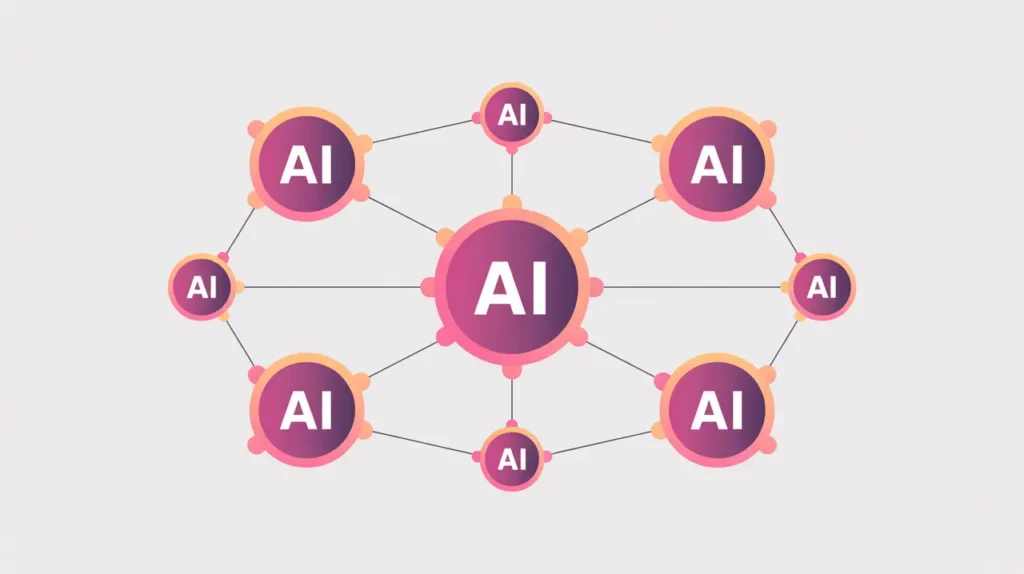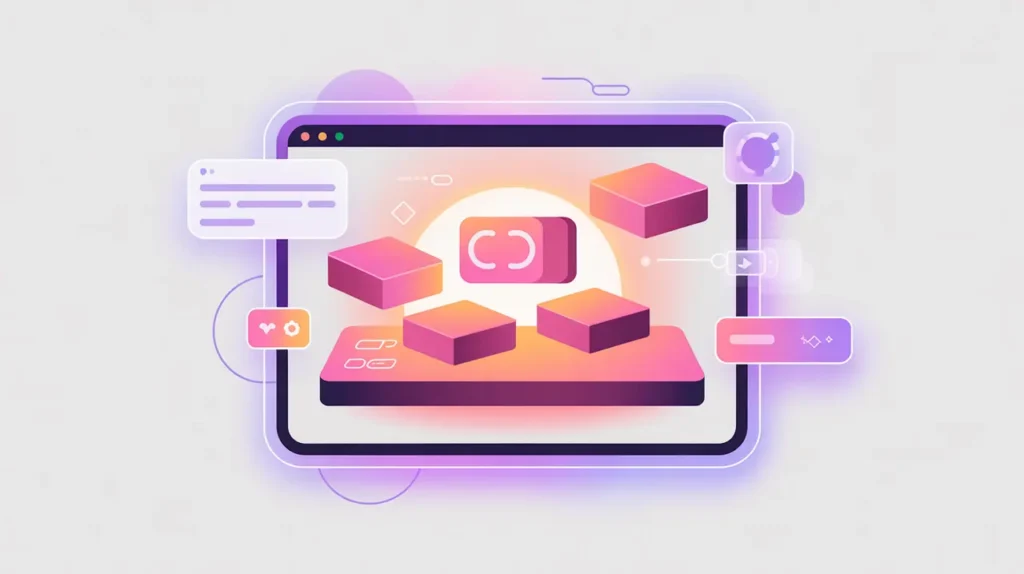Importance of Experiment Tracking for ML
Experiment Tracking for Machine Learning (ML) refers to the practice of recording, organizing, and comparing the details of machine learning experiments. This includes datasets, model parameters, hyperparameters, metrics, and outcomes. Its importance today lies in the increasing complexity of ML workflows, where reproducibility, transparency, and optimization are critical for building trustworthy AI systems.
For social innovation and international development, experiment tracking matters because mission-driven organizations often need to validate results, demonstrate accountability, and ensure that models can be adapted to new contexts. Proper tracking ensures that scarce resources invested in experimentation translate into reliable and repeatable outcomes.
Definition and Key Features
Experiment tracking tools such as MLflow, Weights & Biases, and Comet provide centralized dashboards that log experiments, visualize results, and support collaboration. These systems record metadata about each run, allowing researchers and developers to trace back what worked and why.
They are not the same as code repositories, which store source code but not experimental results. Nor are they equivalent to documentation alone, which can be incomplete or inconsistent. Experiment tracking systems are purpose-built to manage the lifecycle of ML experimentation.
How this Works in Practice
In practice, experiment tracking enables teams to compare models trained under different conditions, monitor progress over time, and share results across teams or organizations. Automated logging reduces manual errors and improves collaboration, while visual dashboards help non-technical stakeholders interpret results. Integration with version control, data pipelines, and deployment platforms ensures a seamless workflow.
Challenges include the additional setup and learning curve, the risk of tool overload if multiple platforms are used, and ensuring data privacy when experiments involve sensitive information. Smaller organizations may need lightweight tools or hosted solutions that balance functionality with simplicity.
Implications for Social Innovators
Experiment tracking strengthens mission-driven AI development. Health initiatives can use it to document diagnostic model experiments, ensuring reproducibility across hospitals and research centers. Education platforms can track and compare adaptive learning models to refine student outcomes. Humanitarian agencies can experiment with crisis prediction models while maintaining transparent records for accountability. Civil society groups advocating for AI ethics benefit from experiment tracking as it enforces openness and reproducibility.
By embedding experiment tracking into workflows, organizations can turn trial and error into structured learning, making AI development more efficient, transparent, and impactful.






